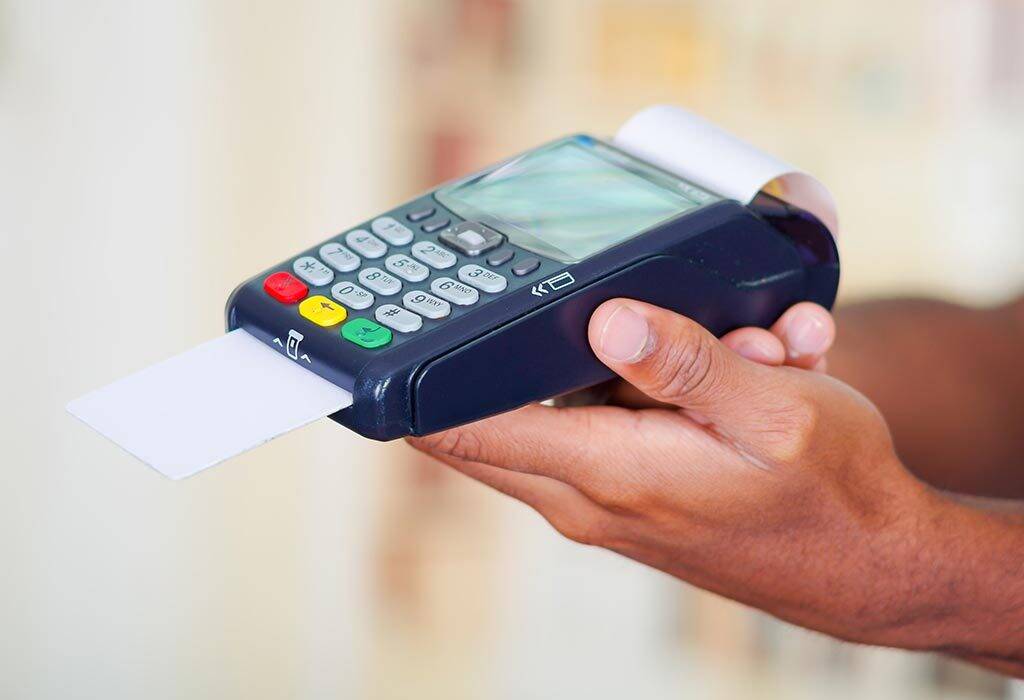By Delisa Thwala
The constantly evolving payment landscape has introduced many cashless payment options, from credit cards to mobile payments on phones and smartwatches.
The National Agricultural Marketing Board (NAMBOARD) enabled by Act No. 13 of 1985 has joined the bandwagon and has completely gone cashless effective on July 1, 2024.
ALSO READ: NAMBoard’s produce sales to Shoprite…
This was confirmed and elaborated further by NAMBOARD Communications officer Melusi Dlamini.
He said the transition to an entirely cashless business can affect every department of a large enterprise differently, as well as transform customer relationships both positively and negatively.

Dlamini said “We will stop accepting cash payments for all our services. Payment methods include electronic funds transfer, bank deposits, speed points, mobile money, and others,”
Worth mentioning is that cashless payment trends are steadily growing in the United States, with credit cards proving to be the most popular method overall, and mobile wallets fast becoming a preferred method for ecommerce payments.
In 2022 statistics from the Pew Research Centre show 41% of U.S. adults made almost all their purchases with a cashless method instead of physical cash in a typical week, while 44% used a mixture of ways to pay.
ALSO READ: NAMBoard calls on farmers to…
Dlamini said, cashless payments improve overall efficiency and reduce operational costs in a business. These types of payments are faster to process as customer service teams do not need to handle, count, or bank physical cash, and all accounting can be stored and completed digitally.
“Consequently, cashless businesses reduce operational costs, save a significant amount of time, and reduce the possibility of human error in their accounting. This will speed up transactions and can dramatically improve the customer experience,” he said.
In addition, he said customers will find cashless transactions more efficient and flexible, and customer service staff can serve even more people than before.
Dlamini further said another reason why more businesses are going cashless is that handling and storing cash on site can be a major risk.
He said Going cashless can be an effective method of theft prevention. Digital payment systems prioritise payment security by locking customer payment data away with encryption, tokenization, and other advanced security measures.
“For us cashless transaction systems provide a huge amount of valuable data on customer behaviour, including payment insights, purchase patterns, and preferences.
Organisations can leverage this data to personalise marketing strategies,” he said.


